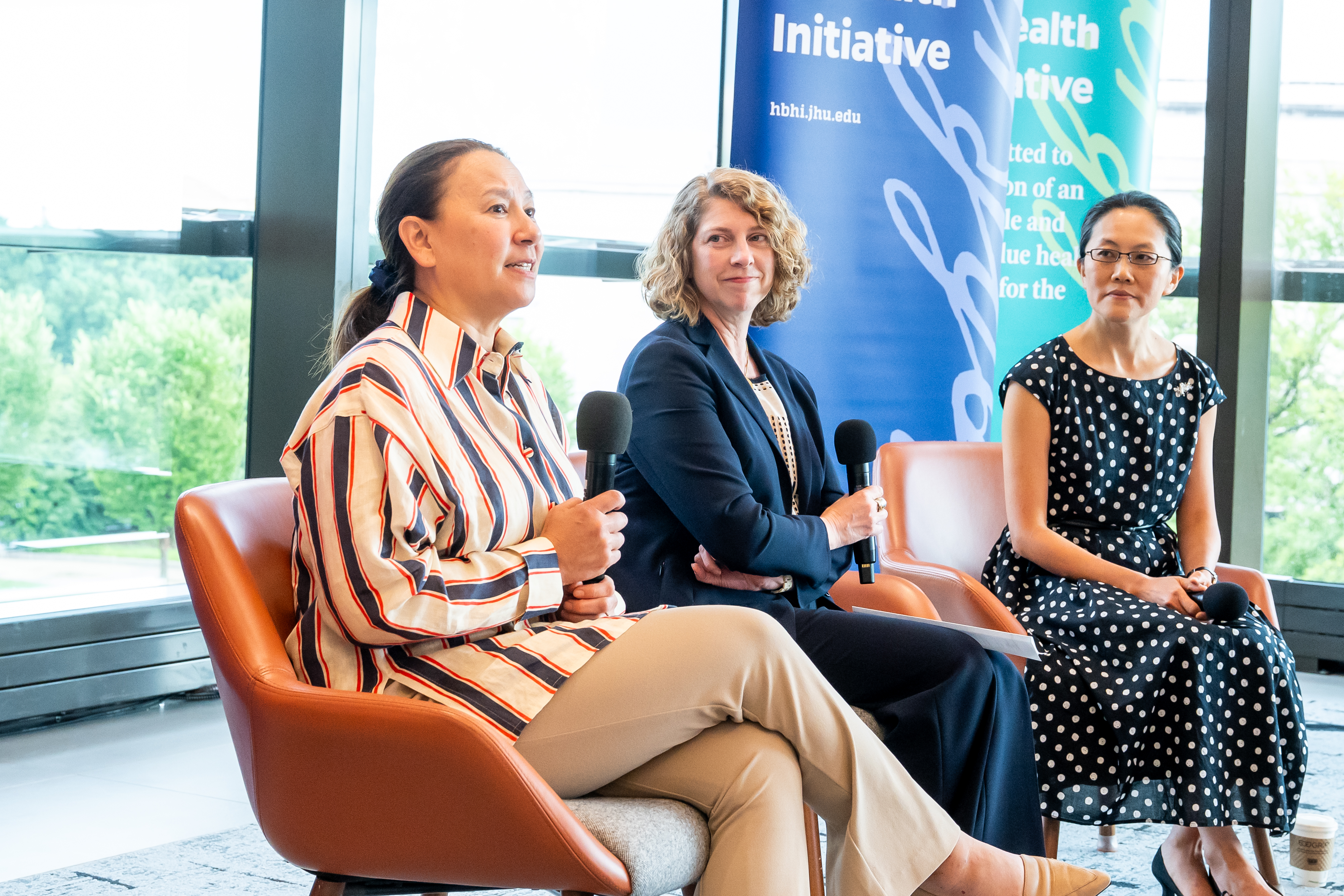
June 15, 2023 | News
Three Emerging Trends in Cultural Competency
By Jayden Nixon, MS, ‘23
Cultural competency is defined as “the ability of providers and organizations to effectively deliver healthcare services that meet the social, cultural, and linguistic needs of patients.” The topic of competency has become a promising throughline for critiques of the traditional patent-provider experience and new ways of providing quality care for people of all backgrounds.










